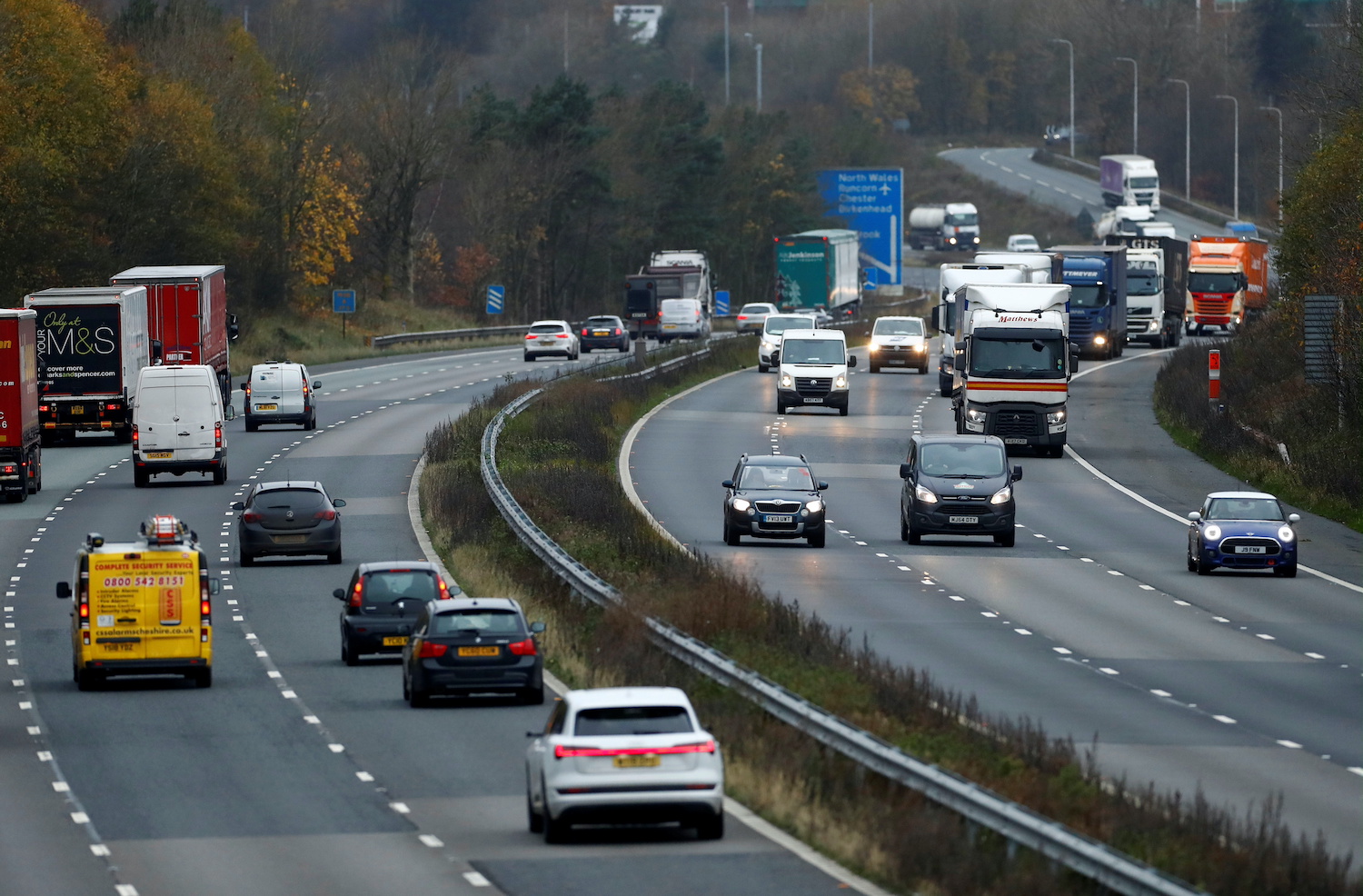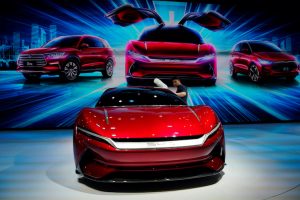(ATF) New energy vehicles and military industries are seen as the areas of greatest demand for China’s rare earths.
This forecast was given by Ge Jun, director of the Minmetals Securities Research Institute, at a 2021 investment strategy meeting held by Minmetals Securities on December 3.
Ge Jun said military industries and new energy were the most promising investment directions for the country’s rare earth producers.
He believed that on the one hand, the rare earth industry is catalysed by a high downstream demand boom, with rare earth prices expected to rise in 2021. On the other hand, the push for a greener low-carbon economy was driving greater demand for new energy vehicles, which was causing a continuous increased demand for high-performance rare earth permanent magnets, especially NdFeB, the Securities Times reported.
In regard to rare earths used in military industries, producers were recommended to focus on high-temperature alloys and titanium alloys for new military materials. In his view, China is in “an accelerated stage of military modernization, and the military industry will be in a ‘high boom cycle’ for at least three to five years”.
New energy vehicles
Minmetals Securities Research Institute assistant Sun Jingwen said the new energy automotive industrial chain, in his view, had vast room for growth – both consumer and industry-driven manufacturing growth.
Growth in industrial vehicles was a strategic emerging industry. And it will also become an important starting point for cooperation between leading global economies in the future.
Being part of a blue ocean of global industries was more of a “positive-sum game” rather than “zero-sum game,” Sun said, and it was likely better for them to focus on consumers rather than military-use industries.
Sun Jingwen was firmly optimistic about China’s new energy automotive industry, saying leading companies in all links of the industry chain were expected to grow into global leaders in the future. He said China was creating 28% of the world output of new energy industrial output, which includes electric vehicles.
With traditional car companies dancing with new car manufacturers, excellent models continue to “emerge”, Sun said, and the evolution of battery technology was expected to accelerate, so the era of parity was expected to come early in China.
And with many Chinese drivers having only learnt the skill in recent years, the leap to self-driving cars would not be such as stretch in the country, as in other countries where citizens have driven for much longer.
China begun studying when to ban the production and sale of cars using traditional fuels in 2017 but did not specify when it might be introduced. But sales of new energy vehicles (NEV) are expected to make up at least 50% of overall new car sales in the world’s biggest auto market by 2035, an industry official said in October.
A worldwide shift
Officials in Britain announced last month they will ban the sale of new petrol and diesel cars and vans from 2030, five years earlier than previously planned. The move is part of what Prime Minister Boris Johnson described as a “green revolution” to cut emissions to net zero by 2050.
Last year, Britain became the first G7 country to set in law a net zero emission target by 2050, which will require wholesale changes in the way Britons travel, use energy and eat.
Other countries or regions that have pitched the idea of banning fossil-fuel based vehicles include:
United States:
California will ban the sale of new gasoline-powered passenger cars and trucks starting in 2035, Governor Gavin Newsom said in September.
Canada:
The Canadian province of Quebec said this week it would ban the sale of new gasoline-powered passenger cars from 2035.
European Union:
EU environment ministers struck a deal on Oct 23 to make the bloc’s 2050 net zero emissions target legally binding, but left a decision on a 2030 emissions-cutting target for leaders to discuss in December.
Germany:
German cities started to introduce bans on older diesel vehicles that emit higher amounts of pollutants than from late 2018.
Norway:
Norway, which relies heavily on oil and gas revenues, aims to become the world’s first country to end the sale of fossil fuel-powered cars, setting a 2025 deadline. Fully electric vehicles now make up about 60% of monthly sales in Norway.
India:
Last year, India’s central think-tank asked scooter and motorbike manufacturers to draw up a plan to switch to electric vehicles. The think-tank also recommended that only electric models of scooters and motorbikes with engine capacity of more than 150cc must be sold from 2025.
With reporting by Reuters






















